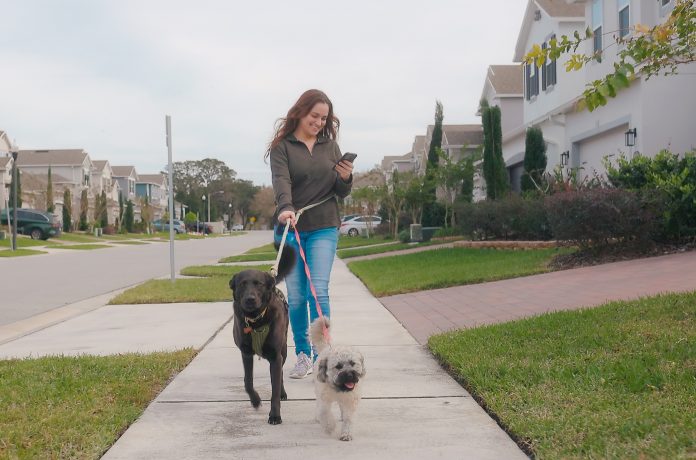Living in walkable neighbourhoods can significantly lower the risk of obesity-related cancers in women, says a new study from Columbia University and NYU Grossman School of Medicine
The study found that residing in walkable neighbourhoods can protect against obesity-related cancers, including postmenopausal breast, ovarian, endometrial, and multiple myeloma.
Protective power of walkable neighbourhoods
Obesity has been linked to an increased risk of 13 types of cancer in women, and physical activity plays a crucial role in reducing this risk.
Neighbourhood walkability encompasses urban design features that encourage pedestrian activity, promote physical activity, and are associated with lower body mass index. While previous research on walkability and cancer risk has been limited, this study sheds new light on the subject.
Lower risk for multiple Cancers
Women who lived in neighbourhoods with higher walkability levels had a lower risk of obesity-related cancers, particularly postmenopausal breast cancer. Moderate protective associations were also found for endometrial cancer, ovarian cancer, and multiple myeloma. Those in the top 25 per cent of walkable neighbourhoods had a 26 per cent lower risk of these cancers than those in the lowest 25 per cent.
Urban design’s health impact
Andrew Rundle, a professor of epidemiology at Columbia Mailman School, highlighted the importance of urban design in improving health. He stated that urban planning can create environments that promote walking, increase physical activity, and reduce car dependency, ultimately preventing diseases related to unhealthy weight.
Socioeconomic factors matter
The study also revealed that the association between neighbourhood walkability and lower cancer risk was stronger for women in neighbourhoods with higher poverty levels. This suggests that socioeconomic factors play a role in the risk of developing obesity-related cancers.
In summary, this long-term study demonstrates the profound impact of walkable neighbourhoods on women’s health. Designing communities that encourage physical activity and reduce car dependency can reduce the risk of obesity-related cancers and promote overall well-being.











